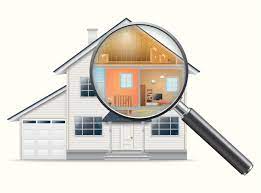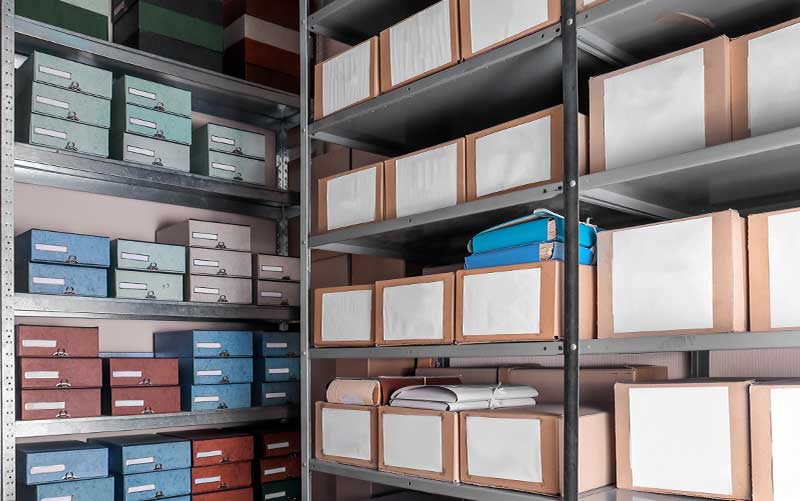It’s a common practice to use a seller-provided inspection report as a basis for making a decision about a home. However, a seller may also choose an inspector who isn’t renowned for digging up problems. In such a situation, a buyer should make sure to hire a reliable, professional inspector. In this article, we’ll discuss the different types of home inspections and what they entail.
Buying a home
A professional home inspector can check the most expensive and hard-to-reach areas of a home. Having one of these professionals check a house before you buy it is a great idea. You may use the report to bargain with the seller to reduce the price or give them closing credit for repairs. A home inspection can pay for itself several times over. In addition to allowing you to get an accurate estimate of the home’s cost, a house inspection will ensure that the house is in good condition before you make a decision.
While a home inspection will not detect major defects, it will let you know what to expect. The inspection report will let you know if the house has structural issues or electrical issues. It will also let you know if you have to hire a structural engineer to evaluate the home. If you have any doubts about the inspector, consult with your Realtor before ordering the inspection. You and your Realtor will discuss the report together and decide who will be responsible for repairing the problems.
Getting a home inspection
When you’re buying a home, getting a home inspection is a great way to make sure there are no major problems. However, if you’re planning to do it yourself, you may be tempted to cut corners and do the repairs yourself. In addition to getting a professional home inspection, you’ll also be able to rest easy knowing that the inspector found nothing wrong with your house. After all, no one wants to walk away from a house that has problems.
If you’re buying a newly constructed home, you might have structural or pest issues. In some cases, the contractor cut corners, creating underlying problems. However, the supply of new homes is very limited, so it’s possible that you could miss out on a great deal by forgoing a home inspection. Getting a home inspection may be the only way to save yourself from the dreaded cold feet after all.
Exclusions from a home inspection
Home inspections often come with a list of exclusions. These are items that the home inspector will not inspect, but that are important for setting appropriate expectations with the client. These exclusions should be clearly identified in the contract between you and your home inspector. Also, be sure to ask about any limitations. Home inspectors may be willing to investigate an exclusion for an additional fee, or refer you to a specialist if they find an issue that you have not identified.
Some common exclusions include the presence of hazardous plants or substances, as well as any suspected illegal drugs. A home inspector may not inspect a property’s septic system unless the seller discloses it. The seller, listing agent, or county must disclose whether the home has a septic system. A home inspector is not required to check the septic system as part of a general inspection, so if you are planning to use one of these inspectors, be sure to ask about it beforehand.
Cost of a home inspection
When choosing the right home inspector for your needs, make sure to consider your budget. The cost of a home inspection depends on several factors, including size, location, and age of home. More expensive homes require more time and research, and older homes are more likely to have problems. The inspector will spend more time checking the plumbing and wiring of a home, and if the home is old, they may need to take more time to find them.
In addition to the physical inspection, the report of findings will help you know what to expect when buying a home. A home inspector looks for major issues that could hinder its safety or function. A major issue could send a buyer running or into a difficult negotiation mode. Water is a home’s worst enemy, and if it’s not fixed before it sells, it could end up costing over $2,500.
Finding a good home inspector
Before hiring a home inspector, it’s important to find out whether he or she has the proper credentials and experience. Look for certifications from the American Society of Home Inspectors and other quality associations. Check out their reputation and ask for referrals. You should also read their sample reports to get an idea of their level of expertise. Finally, it is important to look for sample reports that you can compare to see what you are getting for your money.
First, find out if the inspector is certified or licensed in your state. You also want to make sure they’re committed to continuing education and are members of a professional organization. Professional membership in these organizations is important because it provides Standards of Practice. Be sure to discuss any concerns you may have with the inspector before hiring them. Remember that home inspectors usually don’t check on roofs, septic systems, or water wells.



